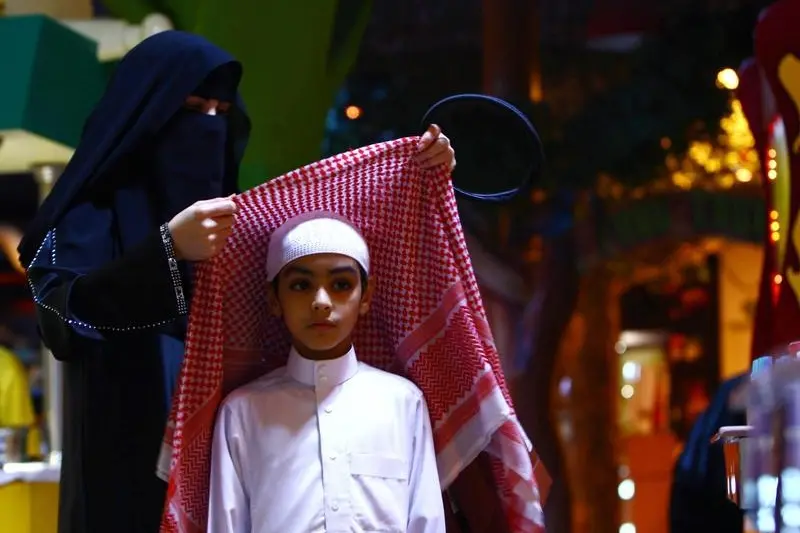PHOTO
Monday, May 22, 2017
Dubai: Arab countries are falling behind the rest of the world in making sure that children have access to justice through their legal system, a rights activist said in Dubai on Monday.
Instability, poor legislation, and weak legal frameworks has led to a “deteriorating” situation for children’s rights, lawyers from across the Arab region heard, he said.
Speaking to a packed conference hall, Nasser Atallah, the regional director of the Child Rights International Network (CRIN), criticised legal proceedings against minors which he said were commonplace.
“In some countries, children are not judged and capital punishment is carried out whether the law is for or against [the death penalty],” he added.
“Sometimes, certificates are falsified, and children are held [confined] in the wrong way.”
In January last year, CRIN published the results of a two-year study that looked into how easily and effectively children — defined as people under 18 — and their advocates can access justice.
Out of 197 countries surveyed, many of the Arab League’s 22 member states sit at the end of the list. All six countries that make up the Gulf Cooperation Council were in the bottom 30.
Meanwhile, Palestine and Somalia were in the five lowest ranked states, ahead of only Eritrea and Equatorial Guinea.
“In some countries, children are tortured to get statements from them,” said Attallah. “Palestinian children are tortured by Palestinians, we’re even forgetting about the occupation.”
However, there were some rays of hope in the region, he said.
“I do also know that there are some shining examples coming from Arab countries,” Attallah added.
He cited the UAE, with its raft of child protection laws in recent years, and Tunisia are “a good model” for neighbours to follow.
“However, if we want to compare the Arab states compared to the rest of the world, we are still lagging behind.”
“We need to improve such a situation, we are also in need of more work in order to develop a culture of the rights of the child.”
Special measures
The conference was organised by the Emirates Human Rights Association, in cooperation with CRIN.
Over the next two days, attendees hope to hammer out new policies to help improve the legal rights and needs of children seeking justice.
As well as juvenile justice experts from Oman, Kuwait and Yemen weighing in, one speaker discussed measures taken by the UAE’s judicial system.
“Legislation in the United Arab Emirates has been keen to take account to the special cases of children,” said Alia Al Kaabi, the head of family and child prosecution at Abu Dhabi judiciary,
“Special procedures [regarding children] are enshrined in the law. A specialised public prosecution has been set up in the family and juvenile prosecution in Abu Dhabi and also in the [rest of the] UAE.”
Criminal investigations involving children also saw specialised public prosecutions, she added.
She cited the UAE’s Child Protection Law, which came into effect in June last year.
The landmark law — formerly called Wudeema’s Law, in memory of eight-year-old Emirati girl murdered in 2012 — made reporting cases of child abuse or negligence mandatory for all members of the community.
The law also requires that prosecutors seek the assistance of experts in cases where a child is questioned, and in case a judgement is rendered.
UAE laws on child offenders also follow the philosophy of “reconciliatory justice,” said Al Kaabi, which “seeks to correct the juvenile and reform or correct him or her, not punish him or her.”
By Paul Crompton Staff Reporter
Gulf News 2017. All rights reserved.





















